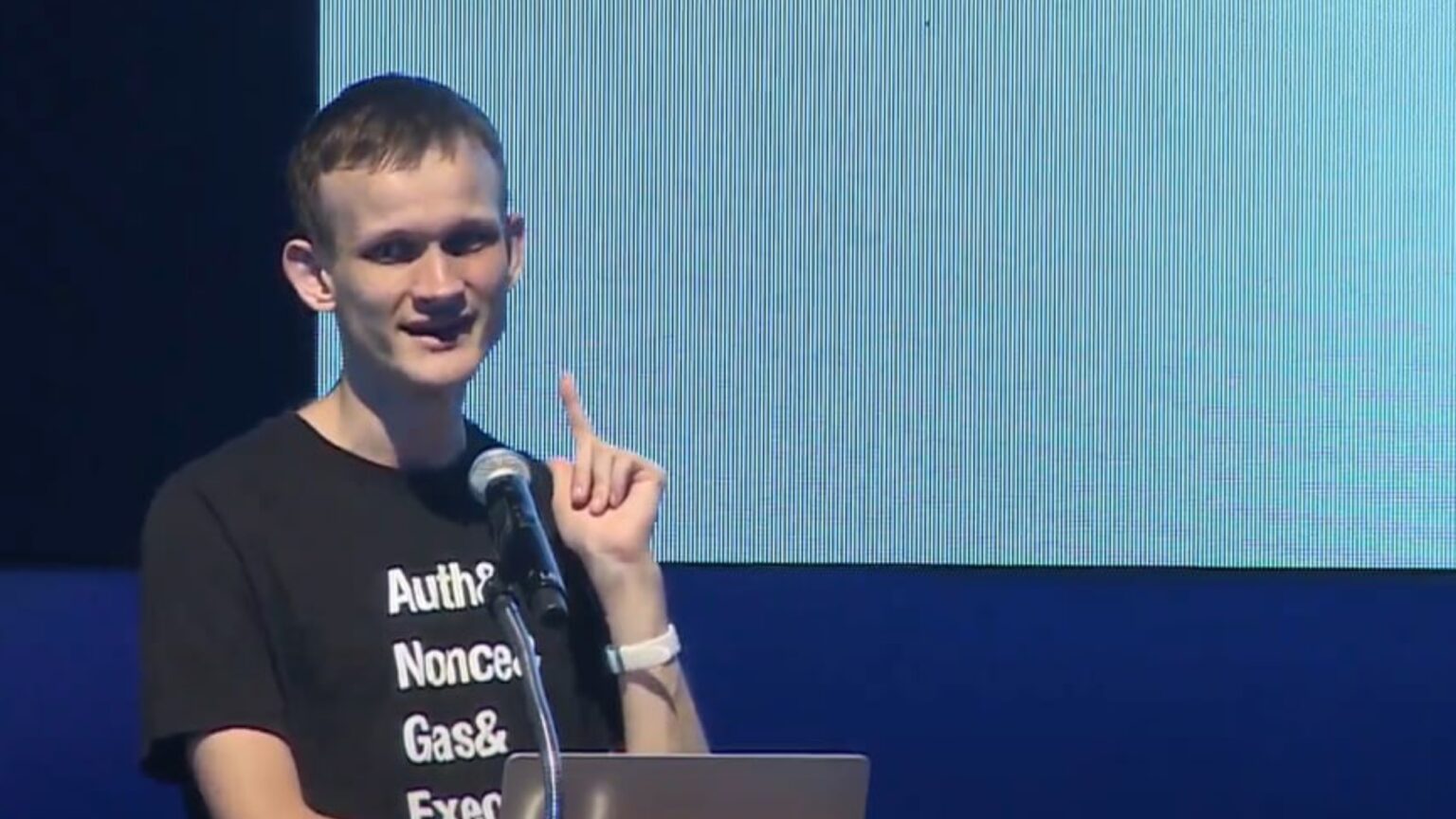Ethereum co-founder Vitalik Buterin, at the BUIDL Asia conference in Seoul, critiqued the prevailing concept of the Metaverse. He argued it’s more a brand than a product, often misinterpreted, and likened its need to a simpler form of technology.
BUIDL Asia 2024, a significant tech conference showcasing cryptocurrency innovations and industry leaders, was held on March 27 at KryptoSeoul.
The co-founder of Ethereum, Vitalik Buterin, was invited to speak among a range of international speakers.
Also: Zuckerberg Embraces Fediverse After Metaverse Setbacks, Meta Joins
Vitalik Buterin, a co-founder of Ethereum, offered his opinions on the Metaverse’s present and future. Buterin asserts that, despite its $18 billion market valuation, the Metaverse—as it is currently envisioned—is far from materializing into a world like the one portrayed in Ready Player One.
Vitalik Buterin Takes a Dig at the Metaverse, Calls it a Branding Ploy: Metaverse tokens have a $18 billion market cap, but we're not quite at Ready Player One yet. https://t.co/drs8ZJAjov #crypto #cryptocurrency #blockchain pic.twitter.com/GVsNRivl02
— Tom DeRosa (@RenewableSearch) March 27, 2024
Buterin speaks
During his speech at the conference, Buterin emphasized how our conception of the metaverse is different from reality. He said,
“The Metaverse is poorly defined and often seen more as a brand name than a product. It’s envisioned as a virtual universe where everyone can participate and is not owned by anyone,”
He added;
“It’s frequently associated with virtual reality, where needs are simpler, akin to wanting a laptop without the laptop.”
This illustrates how the Metaverse has changed from its initial concept, which described a decentralized virtual world with immersive social settings and experiences.
Going Beyond Virtual Reality
However, Buterin clarified that virtual reality (VR) experiences are not the only things included in the Metaverse. To take off, the concept of a decentralized virtual world powered by blockchain technology and enhanced with realistic social environments, avatars, virtual reality (VR), and augmented reality (AR) must be more precisely defined.
He criticized the way the Metaverse is currently portrayed, saying it is frequently promoted more as a brand than as a tangible good or technological advancement.
Buterin went on to say that although virtual reality is frequently linked to the Metaverse, it is not the entirety of the Metaverse.
“It’s super useful but not really a-verse,” he said.
Buterin thinks that a cohesive integration of virtual world elements, such as cryptocurrency, virtual reality, and parts of artificial intelligence (AI), is necessary for the Metaverse to work well.
This all-encompassing strategy might open the door for a Metaverse that fulfills its promise as a publicly available, non-proprietary virtual world.
According to CoinMarketCap data, the cryptocurrency market has seen significant growth as a result of the Metaverse tokens, with the sector alone having a market cap of over $2.4 billion.
Following Buterin’s remarks on Tuesday, there has been significant selling pressure on Metaverse tokens over the past 24 hours.
Ethereum’s development
Buterin also discussed the idea of account abstraction, stating that for it to be widely used, it needs to find a compromise between security and usability, which Ethereum is still working to accomplish.
The BUIDL Asia conference provided insights from Vitalik Buterin about the complexity and difficulties of the Metaverse. Buterin challenges the tech community to reevaluate and improve their strategy for bringing this vast virtual world to life by advocating for a more clearly defined Metaverse and emphasizing the significance of integrating different technologies.
Additionally, Buterin stressed how crucial it is to strike a compromise between security and usability for account abstraction to become widely used.
Although Ethereum has not yet achieved this equilibrium, his observations underscore the continuous endeavors and obstacles confronting blockchain technology.









 and then
and then